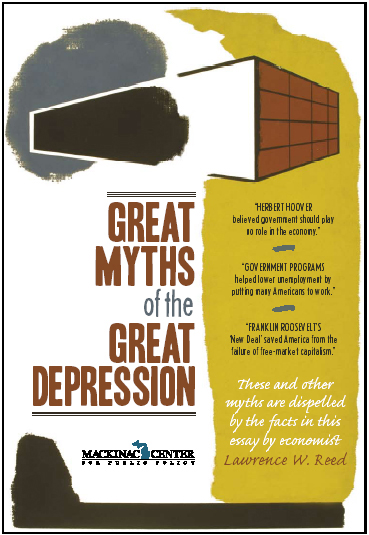Exhibit… the only exhibit needed.
America has survived a feckless political class in the past, and it will again after this week. But Monday’s crash and burn of the Paulson plan on Capitol Hill reveals a Washington elite that has earned every bit of the disdain that Americans have for it. This crowd can’t even make sausage.
American’s were calling and writing desperately hoping not to have their lives sold to Wall Street. They should disdain the fact that Congress did what they wanted instead of that of a tiny cabal that picked a $700 billion amount just for the sake of shock and awe?
House Republicans share the blame, and not only because they opposed the bill by about two-to-one
Should have been at least 20 to 1 according to the popular will.
Their immediate response was to say that many of their Members turned against the bill at the last minute because Ms. Pelosi gave her nasty speech. So they are saying that Republicans chose to oppose something they think is in the national interest merely because of a partisan slight.
Unbelievable. “Republicans” were two different groups. One group was happy to do the will of the people and protect them from this disaster. The other wanted to please the writers of the Wall Street Journal which is, of course, taken as a totally neutral and objective source of information about the need to bail out Wall Street. So the WSJ-matters-more-than-my-constituents crowd, being two dumb to boast at their accomplishment, treated it like a failure and came up with a lame reason to pass the buck.
The vote is also a rebuke for Treasury Secretary Hank Paulson, who could barely explain how his securities auctions would work even as he showed disdain for House Republicans.
But they were supposed to approve it anyway even though no one had any idea how it would work.
You can’t ask Congress for $700 billion without more modesty and a better explanation for how it would be used.
But Republicans have earned disdain for not voting for it anyway?
Given this historic abdication, we’re surprised financial markets didn’t melt down more than they did yesterday.
Right, funny how the dire apocalypse we needed to escape never materialized. Even though the same people that told us everything was sunny until less than a month ago were expertly predicting doom unless they received $700 billion to sacrifice to the gods of finance.
But that was a sideshow compared to the credit markets, which staged another flight from all risk.
Right, and it is impossible to consider that we have been lending too much money and need to cut back.
A recession now seems certain, as falling commodity prices are telling us
So they will become more affordable. That’s called a correction.
After the last two weeks, and especially after yesterday, the Members also need to act to redeem their own reputations, to the extent they are still worth redeeming.
Well, I would laugh at this threat since Congress did what the people wanted, but I think beneath the surface of this comment is a reference to a lot of money dished out from Wall Street to buy influence in Washington.
Here’s something sane.
Michelle Malkin pointed it out on her blog. That’s right. Malkin is trying to calm everyone and the Wall Street Journal is panicking. We live in strange times.
